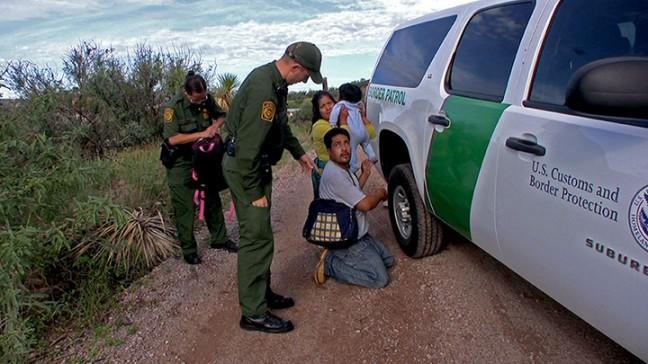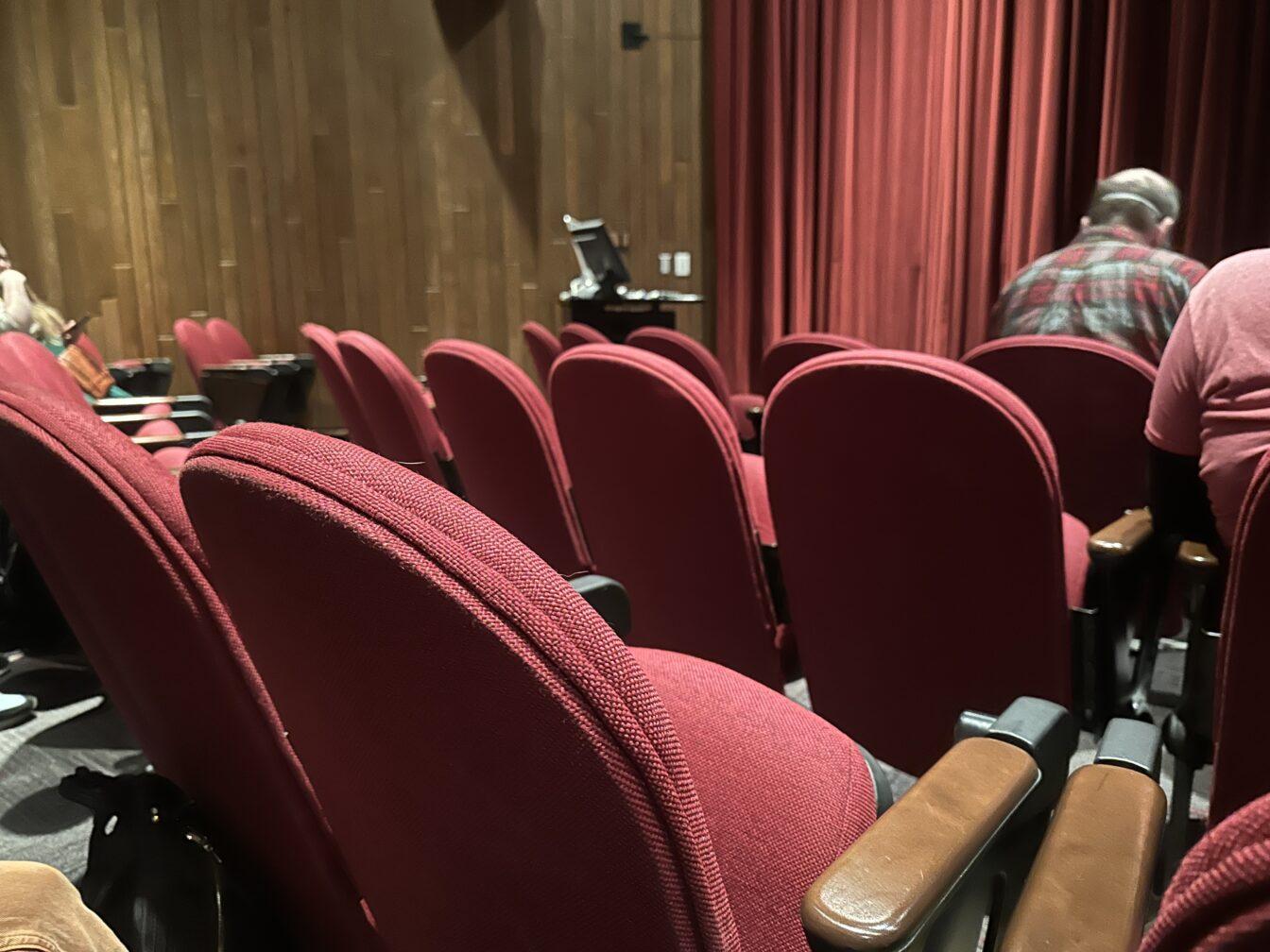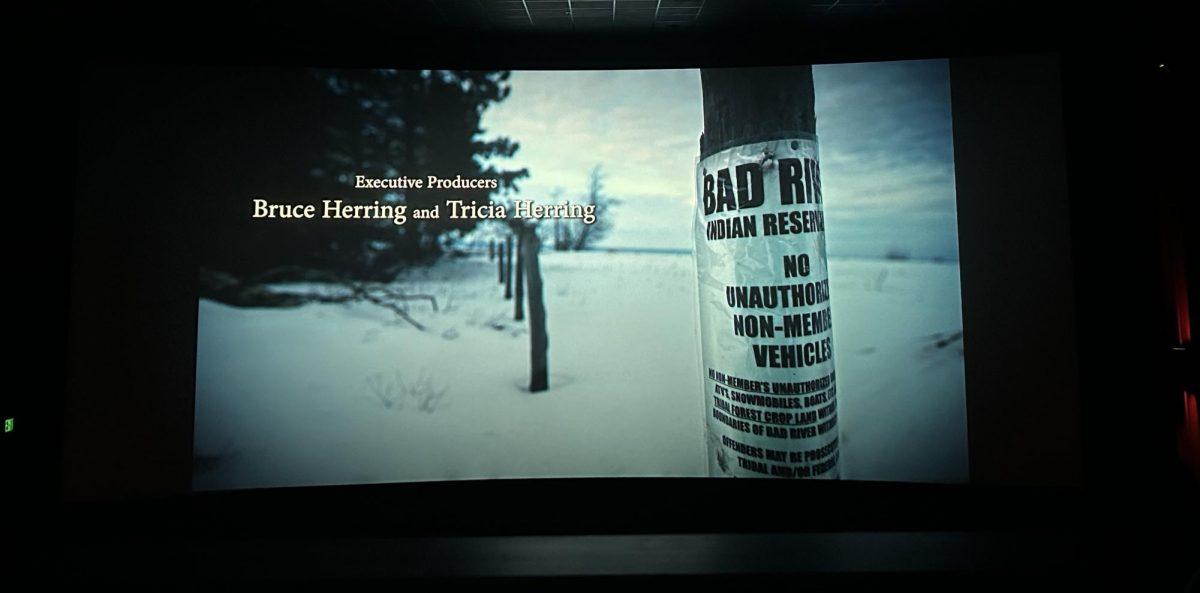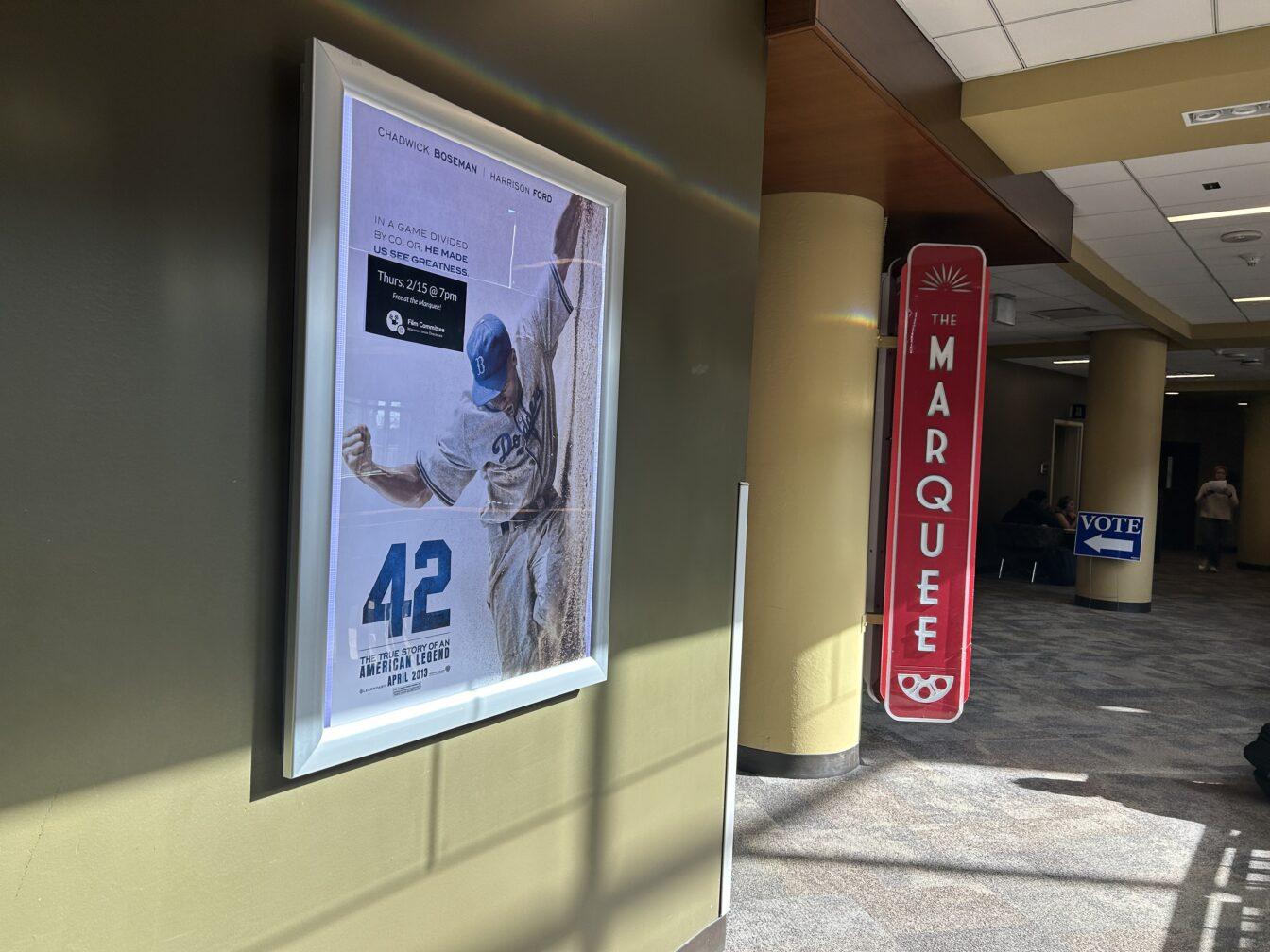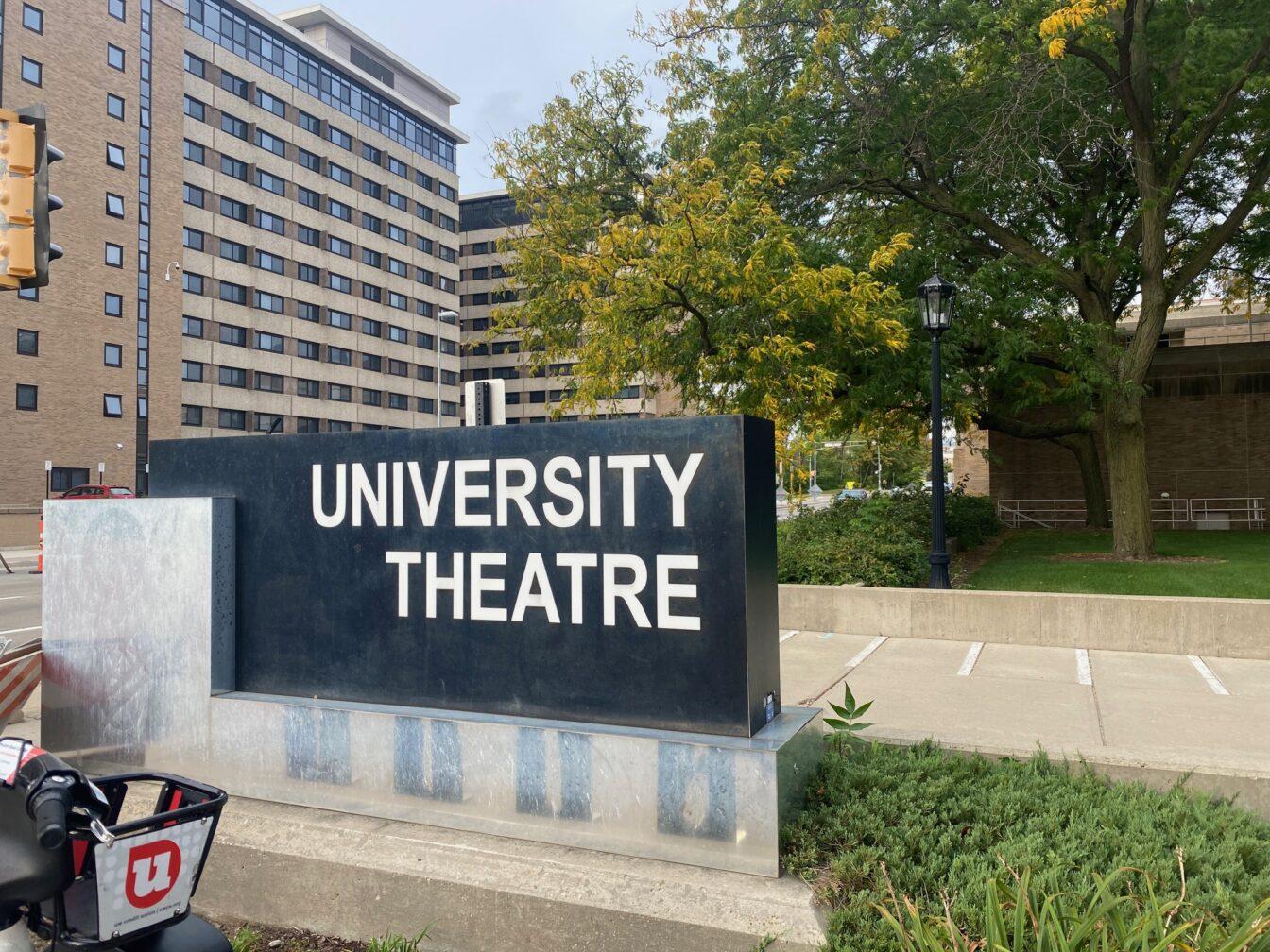This past Monday at Ingraham Hall, Marco Williams—a critically-acclaimed filmmaker hailing from the Tisch School of the Arts at New York University—showcased his heartbreaking documentary, “The Undocumented.” William’s film, shot in 2009, delves into the world of the illegal immigrant and exposes his audience to the brutal conditions of a four-day walk through the Sonoran Desert, which encompasses the United States-Mexico border. “I want,” Williams said before showing his film, “to put you at the ground zero of immigration.” William inarguably accomplishes this goal, removing from his narrative an explicit political agenda and focusing in, rather, on the people who star in this tragedy—the migrants themselves.
According to the U. S. Border Patrol, 415 people died while attempting to cross the Sonoran Desert at the end of the fiscal year of 2009. As the film explains, this is due to the militarization of the U.S.-Mexico border, which has rerouted migrants away from typically trafficked urban crossing zones into the remote and perilous desert. Unsurprisingly, many succumb to dehydration, heat stroke and general exhaustion. One such man was Francisco, the father of the protagonist and “narrative engine” to the film, Marcos Hernandez. Francisco had another son suffering from kidney failure whose medical bills were proving unapproachable. Francisco was crossing the border for his family, which he could not support on the salary he was making in Mexico. But as the film’s website ominously states, “In search of the American Dream, they lose it all in the desert.”
https://www.youtube.com/watch?v=AFgNn0LDE5Y
The film zeroes in on the concept of loss and the lost, engaging in dialogues from the patrol officers who prevent them from happening, the medical investigators who preserve them when it is too late and the activists who help put the pieces back together in world which disgusts them. No character, however, is more important or more emphasized than those making the daunting trip through the Sonoran Desert, as well as the families they leave behind. While coroners and consulates try to match corpses to families, the viewer is there, watching and waiting for the return of sanity. When that body is returned and laid to rest in a traditional Catholic funeral back home in Mexico, the viewer is there, witnessing the suffering and anguish. This isn’t an issue of politics. This, Williams says, is an issue of human rights.
After the credits ran, there was an open discussion between the audience and Williams. One person asked Williams why he made the film and with what purpose in mind. Williams responded that he wanted to “give names to the nameless,” and to “help reclaim the identities” of those swallowed up by the Sonoran Desert. As a literature major, I was intrigued by the concept of telling those stories that often remain hushed. While everyone else prepared to leave, I lingered back and approached Williams personally. I said how his film had reminded me of those lost during America’s slave trade. Williams nodded his head, pulled out his phone and asked me if he could “borrow” that comparison from me, jotting down a note.
Marcos Williams, thank you for your beautiful movie and your effort to bring awareness to the devastation that occurs every year in search of a promised land that doesn’t exist. In short, please borrow whatever you like, so long as it helps bring about a more compassionate world.


